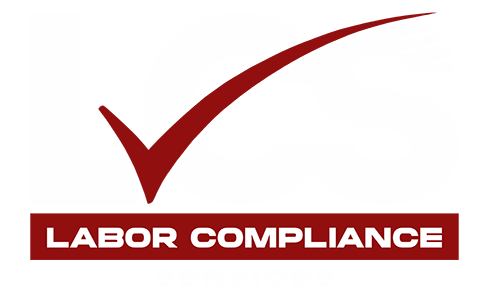The U.S. Department of Housing and Urban Development (HUD) Section 3 program aims to create economic opportunities for low-income individuals and businesses in communities receiving HUD funding. Becoming a certified Section 3 Business Concern can significantly enhance a contractor’s ability to win HUD-funded projects. Here’s an in-depth guide to achieving certification, its benefits, and the documentation needed.
Step 1: Understanding Section 3 Business Certification
A Section 3 Business Concern is a business that qualifies under specific criteria, demonstrating a commitment to providing employment, training, or subcontracting opportunities to low-income individuals or public housing residents. Certification makes businesses eligible for preferences in HUD-funded contracts, helping fulfill Section 3 goals.
Step 2: Eligibility Criteria
To qualify as a Section 3 Business Concern, a company must meet one of the following criteria:
- 51% Ownership by Section 3 Residents: The business must be at least 51% owned by Section 3 residents (low-income individuals or public housing residents).
- Workforce Composition: At least 30% of the company’s full-time employees must be Section 3 residents, or were Section 3 residents within three years of their hiring date.
- Subcontracting Commitment: The business must commit to subcontracting at least 25% of the total dollar amount of all subcontracts to Section 3 businesses.
Step 3: Benefits of Certification
- Competitive Edge: Certified Section 3 businesses receive preference in bidding for HUD-funded projects, making it easier to secure contracts.
- Community Impact: Certification reflects a commitment to economic inclusion, enhancing a company’s reputation as a socially responsible contractor.
- Expanded Opportunities: Many HUD-funded projects actively seek Section 3 partners, providing an advantage in contract procurement.
- Networking: Certification connects businesses with a network of other Section 3 entities, fostering collaboration and growth opportunities.
Step 4: Documentation Requirements
Businesses must submit the following documentation to the local public housing authority (PHA) or designated certification body:
- Business Information: Registration documents, proof of ownership, and structure of the business (e.g., LLC, sole proprietorship).
- Proof of Eligibility:
- Ownership: Proof that at least 51% of the business is owned by Section 3 residents (e.g., personal identification, income statements).
- Workforce Composition: Employment records showing 30% of employees are Section 3 residents, along with their certifications of eligibility.
- Subcontracting: Agreements or plans showing commitment to subcontracting 25% of total project value to Section 3 businesses.
- Economic Status Documentation: Income verification forms, such as tax returns or HUD Form 60002, to demonstrate compliance with income thresholds.
- Compliance History: Records of past performance on Section 3 goals, if applicable, to establish a history of compliance.
Step 5: Certification Process
- Application Submission: Complete and submit the required forms to the relevant PHA or HUD program office.
- Review Period: The reviewing authority will verify eligibility, evaluate documentation, and confirm compliance with Section 3 criteria.
- Approval: Once approved, the business will receive a certification that qualifies it for preference in HUD-funded contracts.
Step 6: Maintaining Certification
- Annual Reporting: Submit updates on workforce composition and project participation to maintain good standing.
- Compliance Monitoring: Regularly review company practices to ensure ongoing compliance with Section 3 requirements.
- Continued Engagement: Actively seek Section 3 project opportunities to demonstrate commitment to the program’s objectives.
Conclusion
Achieving Section 3 Business Concern certification is a strategic move for contractors seeking to expand their presence in federally funded construction. It aligns businesses with HUD’s mission of fostering economic opportunities while creating a competitive edge. By understanding the certification process and fulfilling requirements, contractors can unlock valuable opportunities and contribute to their communities’ growth and development.







